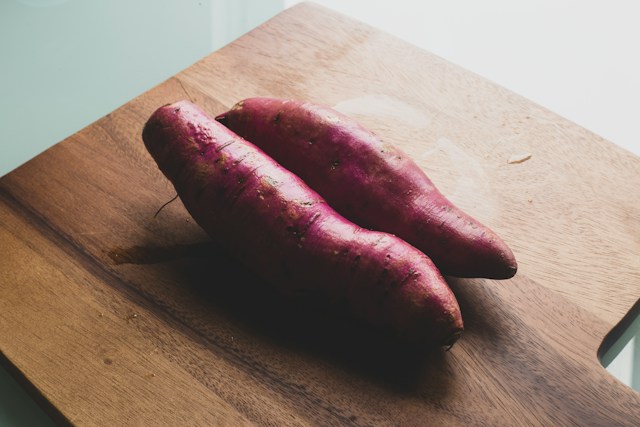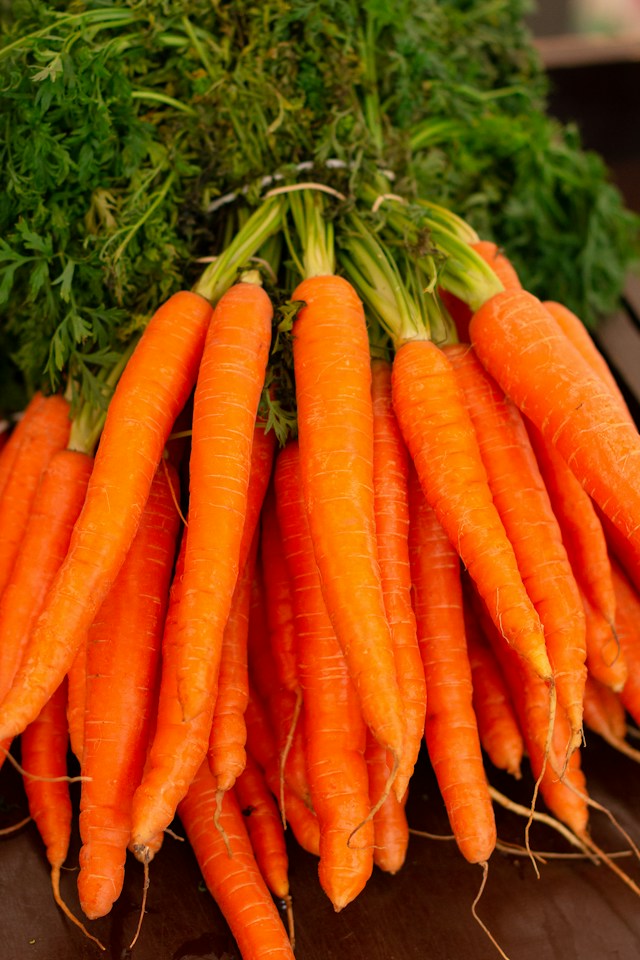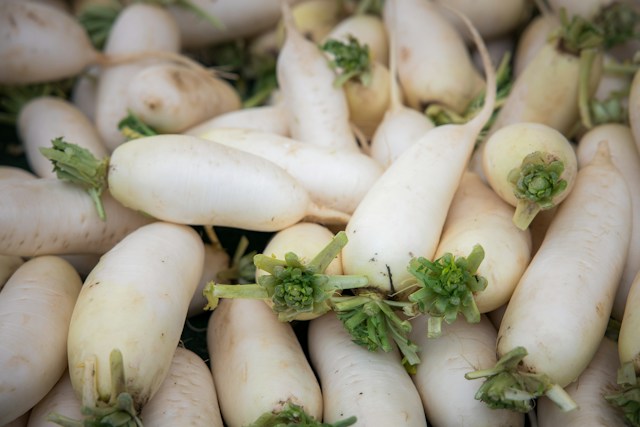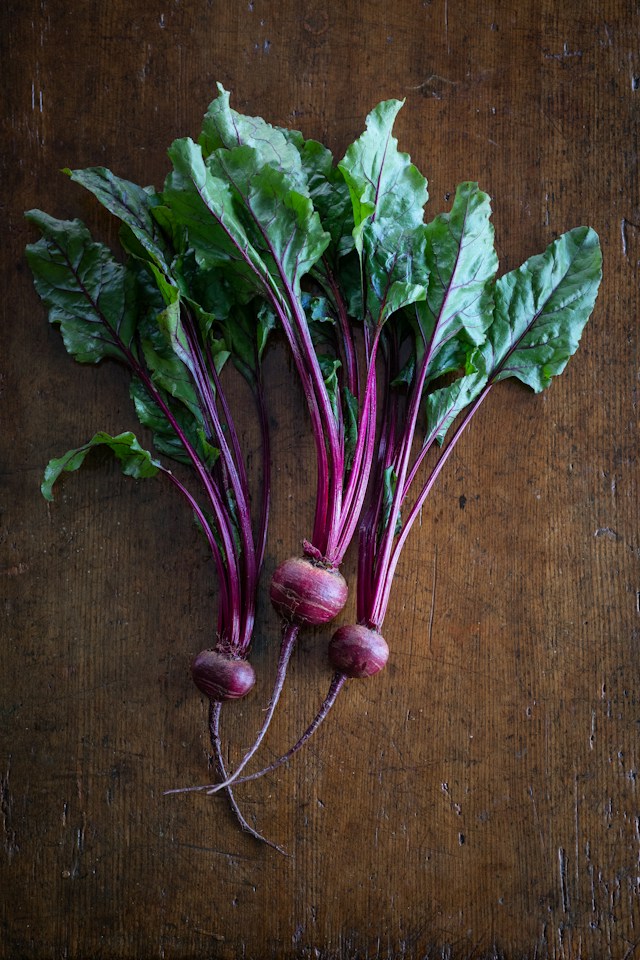Cholesterol is one of the major reasons for heart disease. We have two types of cholesterol: good cholesterol and bad cholesterol. An increase in bad cholesterol levels can lead to heart attack, strokes, hypertension, coronary artery disease etc. However, it can be managed by lifestyle change, healthy diet and regular exercise. Read on to learn about the winter vegetables suggested by expert Chhavi Rohilla, Founder of Nutrindulgence that will help reduce bad cholesterol.
Sweet Potato
Sweet potatoes are rich in dietary fibre, especially soluble fibre which helps lower LDL (bad) cholesterol levels by binding to cholesterol particles in the digestive tract and preventing their absorption into the bloodstream.

Spinach
Spinach is rich in soluble fibre, particularly pectin. Soluble fibre binds to cholesterol in the digestive tract, preventing its absorption into the bloodstream. Instead, it is excreted from the body, leading to lower LDL (bad) cholesterol levels. By reducing the amount of cholesterol absorbed from food, soluble fibre in spinach helps lower overall cholesterol levels.

Carrot
Carrots are a nutrient-dense vegetable which is readily available in winter providing essential vitamins and minerals. Carrots contain antioxidants such as beta-carotene, alpha-carotene, and lutein which help prevent oxidative damage to LDL cholesterol particles.

Cabbage
Cabbage is rich in antioxidants such as vitamin C and flavonoids. These antioxidants help prevent oxidative damage to LDL cholesterol particles, reducing their susceptibility to oxidation.

Broccoli
Broccoli (winter detox drinks) is packed with antioxidants such as vitamin C, beta-carotene, and various flavonoids. These antioxidants help prevent oxidative damage to LDL cholesterol particles. Broccoli contains compounds such as sulforaphane, which have anti-inflammatory properties.

Cauliflower
Cauliflower is a versatile vegetable that contains compounds with potential cholesterol-lowering effects. It is also a good source of fibre, which aids in managing cholesterol levels.

Radish
Radishes (healthy food for expecting moms) contain various plant compounds, including anthocyanins, flavonoids, and phenolic compounds, which have antioxidant and anti-inflammatory properties. Certain compounds in radishes, such as glucosinolates, support the body's detoxification processes as well which eliminate cholesterol.

Don't Miss: World Cancer Day 2024: Know All About Cancer Cells, Causes and Preventatives From Expert
Turnip
Turnips are naturally low in saturated fat and cholesterol. Consuming foods low in saturated fat and cholesterol can help maintain healthy cholesterol levels. Turnips contain various antioxidants, including vitamin C and beta-carotene. These antioxidants help prevent oxidative damage to LDL cholesterol particles, reducing their susceptibility to oxidation.

Don't Miss: Nutrition Experts Dish Out: Low-Calorie Dinner Ideas For A Healthier You
Incorporate these winter vegetables into your diet, along with a balanced and healthy lifestyle, to maintain healthy cholesterol levels. Remember to pair them with other heart-healthy foods.
Your opinion matters to us! Take a moment to fill out our reader survey, it will help us gain a better understanding of your preferences. Click on this link to access the survey.
Image Courtsey: Freepik/Unsplash
